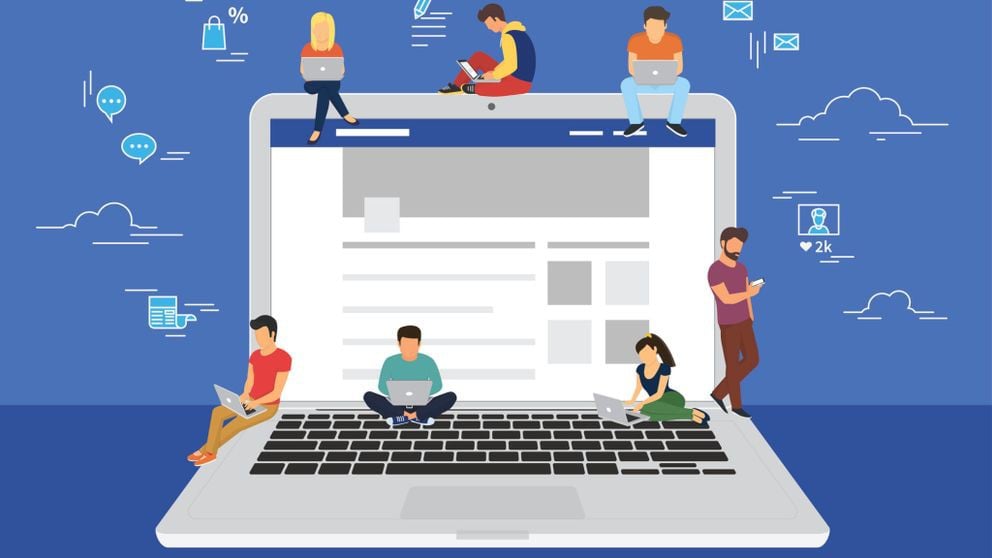
At midnight on March 5 (Vietnam time), netizens scrambled to find each other on other social networks, when Facebook crashed for an hour.
What sets Facebook apart from previous media is its increased interactivity and ultimate openness.
In my opinion, the fundamental reason why social network users searched for each other at midnight on March 5 when Facebook was down is that people always need a form of connection and communication.
Remember not so long ago, more than a decade ago, the same thing happened with Yahoo. When the tool failed or stopped working, people had to find other ways. And Facebook came along at the right time.
Before social media or the internet, people communicated through physical locations. Perhaps that is also something different from now.
Of course, the more we depend on certain means of transport, the more problems arise. People take advantage of the advantages of means of transport to communicate and even make a living, and now congestion will certainly have negative effects.
Knowing that, but what can we do to prepare for the future?
Surely, it will be necessary to set up some applications with similar functions, when an entire living and consumption ecosystem is operated by online databases.
But the next question is, how long do those applications last? And should we just leave it to servers somewhere in the world ?
The answer is to recreate a classic communication system - face-to-face communication in real life. I tried to make a to-do list, divided into two columns - online and offline.
The online categories are meant to be a quick search or summary. The offline column is always filled with the same number of physical activities, eating, or simply sleeping.
How can I sleep online? But maybe I'm wrong because there are groups called "Sleep Addicts" or "Insomniacs Association" with quite a lot of members.
Mainly, it is still trust in communication.
We often say that Facebook is a place to express another human identity, and all communication is virtual.
But in fact, human communication is based on a certain empathy. Whether we use Facebook or not, we are all looking for empathy in life.
This is where the question arises: why not simply seek empathy through offline communication?
This has to do with the quality of our mental life. In the real world, our mental and intellectual space is perhaps less vibrant and rich than online, because we lack the "wisdom pockets" that provide adequate information and data.
That wisdom is actually exchange, learning and sharing. It must be recognized as a constant of society and community, regardless of the changing media space or the malfunctioning of media variables.
Source




![[Photo] Keep your warehouse safe in all situations](https://vphoto.vietnam.vn/thumb/1200x675/vietnam/resource/IMAGE/2025/10/1/3eb4eceafe68497989865e7faa4e4d0e)
![[Photo] Hanoi morning of October 1: Prolonged flooding, people wade to work](https://vphoto.vietnam.vn/thumb/1200x675/vietnam/resource/IMAGE/2025/10/1/189be28938e3493fa26b2938efa2059e)

![[Photo] President of the Cuban National Assembly visits President Ho Chi Minh's Mausoleum](https://vphoto.vietnam.vn/thumb/1200x675/vietnam/resource/IMAGE/2025/10/1/39f1142310fc4dae9e3de4fcc9ac2ed0)






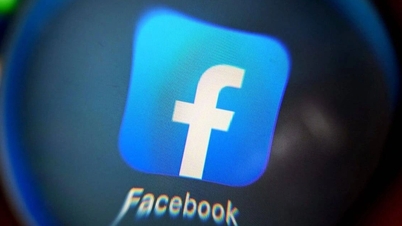

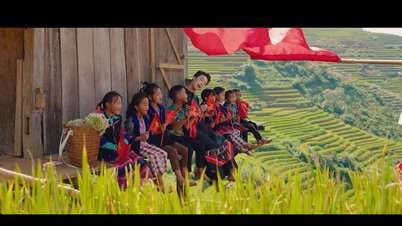








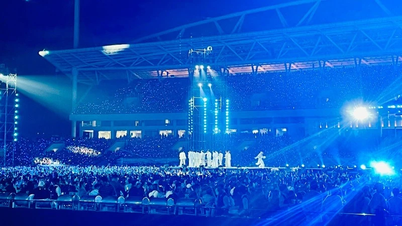









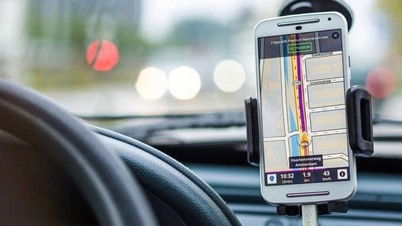









































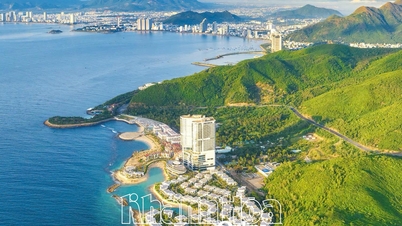
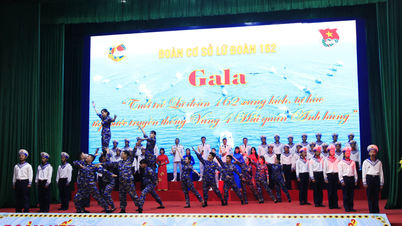


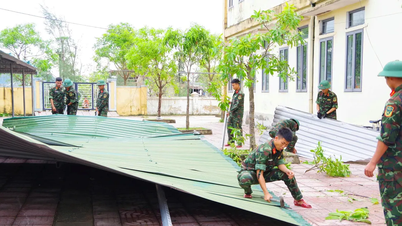














Comment (0)